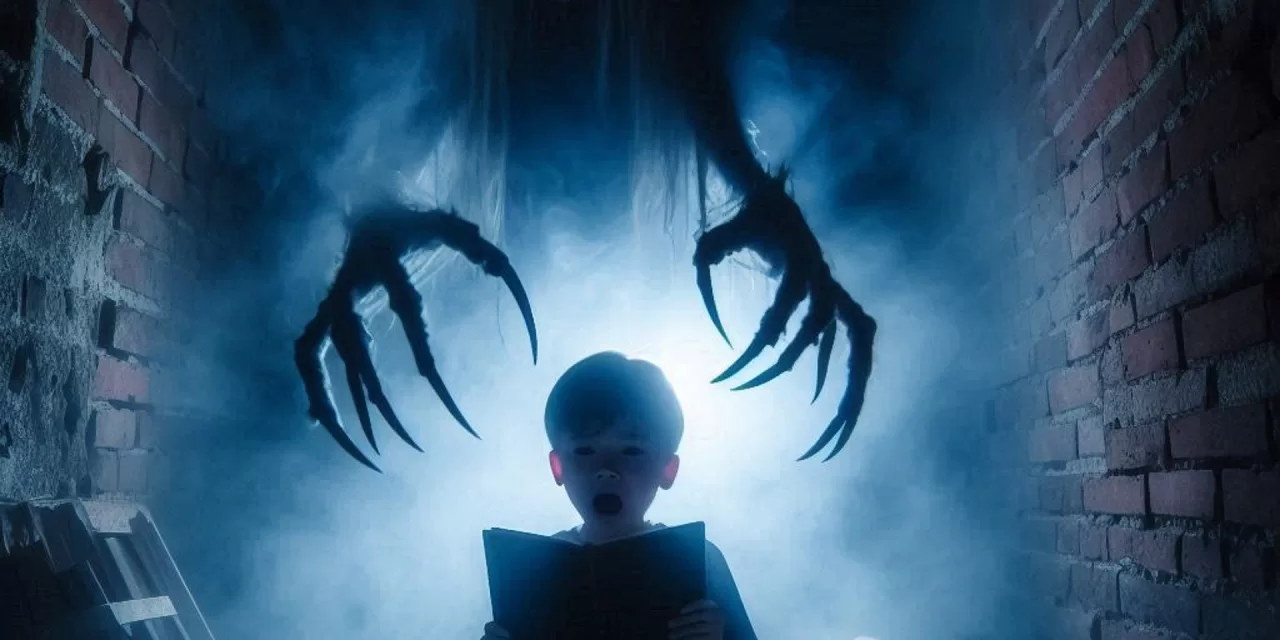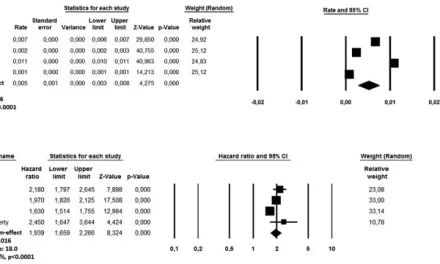A groundbreaking study from the University of Oklahoma (OU) and the University of Tulsa has shown that a newly developed therapy can significantly reduce chronic nightmares in children, improving their sleep quality and overall well-being. The research, recently published in Frontiers in Sleep, marks a significant step forward in addressing nightmares as a distinct issue rather than simply a symptom of other mental health conditions.
Nightmares affect a substantial number of children, with research suggesting that one in six children with mental health challenges also suffers from persistent nightmares. Yet, these disruptions are often overlooked in standard clinical screenings, despite their impact on a child’s daily life. For many children, nightmares persist even after treatment for underlying conditions like anxiety or PTSD.
Dr. Tara Buck, a child and adolescent psychiatrist at OU, emphasized the importance of addressing nightmares directly. “When kids suffer from nightmares, they’re scared to go to sleep, which makes them tired, irritable, and prone to behavioral problems. These issues can affect their functioning at school and in other areas of their lives,” said Buck, who directed the study.
The therapy, which was developed by Dr. Lisa Cromer, a professor at the University of Tulsa, is a pediatric adaptation of an adult nightmare treatment. It combines cognitive behavioral therapy (CBT) with relaxation techniques, mindfulness, stress management, and visualization exercises to help children reshape their dreams into more positive experiences. The therapy spans five weekly sessions and includes interactive activities, such as “boggle goggles,” which demonstrate the effects of sleep deprivation, and a pillowcase for children to decorate with images related to peaceful sleep.
The study enrolled 46 children between the ages of 6 and 17 who had been experiencing chronic nightmares for at least six months. Participants were randomly assigned to either the therapy group or a control group, which tracked their nightmares but received no intervention. The results were striking. Children in the treatment group reported a significant reduction in both the frequency and distress caused by their nightmares. Furthermore, the therapy group showed a reduction in suicidal thoughts linked to nightmares, with only one child in the treatment group still reporting such thoughts by the end of the trial, compared to four children in the control group.
The study, which was conducted during the COVID-19 pandemic, adapted the therapy for telehealth, ensuring accessibility for a wide range of children, including those with ADHD or learning disabilities. The research team hopes to further expand their findings in larger trials and test the therapy’s effectiveness over a longer period. They also aim to refine the treatment for different cultural and ethnic groups and to incorporate nightmare screenings into primary care settings.
Dr. Cromer noted that the research marks a paradigm shift in pediatric care. “In our training, we were never taught to ask about nightmares during clinical visits,” she said. “It’s only recently that we’re beginning to recognize nightmares as a standalone issue in children’s health, and this therapy could be a game-changer.”
The study’s findings suggest that targeting nightmares directly, rather than just treating underlying mental health issues, can offer significant benefits to children struggling with disrupted sleep and emotional distress. As research into this therapy progresses, it may open the door to more comprehensive care for children affected by chronic nightmares.
For more information, refer to the study: Efficacy of a Telehealth Cognitive Behavioral Therapy for Improving Sleep and Nightmares in Children Aged 6–17, Frontiers in Sleep (2024). DOI: 10.3389/frsle.2024.1401023












